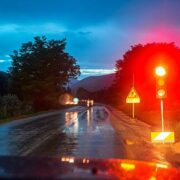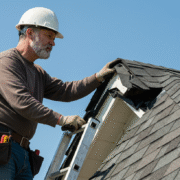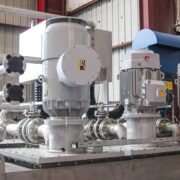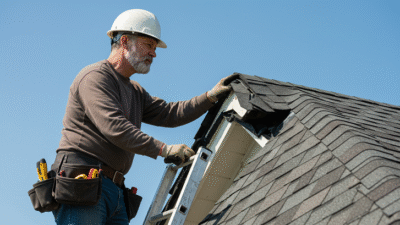Oil is the current fuel used for powering vehicles and is extracted around the globe. Workers make use of heavy machinery to pull the oil from land and sea. The ones at sea are called offshore drilling rigs. These large platforms have facilities for their employees to live an accommodating life while working. These large rigs drill into the seabed and vacuum out the natural resources from the Earth. Workers of these rigs stay on them for about two weeks. After the work ends, the employees are given a week to three weeks off.
Accidents happen annually aboard these at sea rigs. The employees who are injured on the platforms are around 7.4 to 11.1 million. On a daily 150 workers die due to hazards on the rig. About 50 to 60 thousand workers die because of work-related illnesses.
Table of Contents
Accidents and Death from the Land to the Rig
Workers have to travel by water or air to get to the rigs. Getting to these rigs can be dangerous. Helicopter accidents are common, unlike water vehicles. According to studies, accidents happen more with people trying to get to work. These accidents happen when the weather conditions are poor. Severe injuries and deaths might also take place when the helicopters have a mechanical error.
The Mechanical Mishaps on the Platform
Oil platforms have heavy and huge machinery that are dangerous to workers. Careless employees will suffer from injuries or worse. Workers in contact with objects lead to 16% of work-related incidents. According to OSHA (Occupational Safety and Health Administration), heavy objects are one of the main factors for injuries and fatalities. Unsupervised employers tend to violate safety codes with moving vehicles like forklifts.
Fires, Explosions, and Blowouts
Cautionary procedures increased after the 2010 Deepwater Horizon catastrophe. It set a stern reminder of how hazardous oil rigs are for people aboard them. The 2010 oil rig accident killed 11 crew members on it. It only takes a spark to set off a fire on the platform. Employers should ensure every employee is trained for the equipment and substances in use. The substances are primarily flammable liquids like gas.
Blowouts happen less frequently than fires. Blowouts are when the pressure on the machinery goes unchecked, and then it builds to an explosion occurs. Even with advanced equipment, blowouts are still feasible. Workers and employers should always check and maintain these systems to avoid a blowout.
Unsafe Chemicals and Substances
Crewmen working on these platforms are exposed not to the objects alone, but also the toxic substances abroad the rig. On oil rigs, men and women can come in contact with hazardous chemicals. The substances can be in the form of crude oil, solvents, drilling fluids, and production material liquids. Repeated exposure can cause employees to experience a lifetime of health problems. The damage is already done along after exposure to the liquid toxins. Some illnesses and ailments are asthma, eye and skin irritation, lung damage, cancer, and other factors leading to death. Employers must protect their workers from these through safety gear and protective masks.
Physical Injury on the Rig
Workers on the platforms may get injured on the job. Slipping or falling can happen due to unstable ladders, wet or oily floors. The employers have to create a safe working environment to avoid incidents. Maintaining and checking the areas will ensure that no one gets hurt while working.
Laws and Compensation Rights of Oil Rig Workers
Many lawyers handle offshore oil rigs legal incidents. There are many lawyers and law firms like the Lake Charles LA Oil Rig Accident Lawyer that work with oil rig workers and their families. They make sure that employers and companies who are not following regulations are held accountable for their negligence. The rules and regulations come with OSHA and other labor laws.
Depending on the type of accident, there are specific lawyers for that. These would boil down into worker’s compensation. Claims are unique when it an oil rig, and the person in question is involved.
It truly pays to have workers safe. As long as employees are trained and employers follow the rules, everyone can get back home safe and sound. Accidents do happen to people. Everyone on the platform, however, can lessen accidents through safety.



















Comments